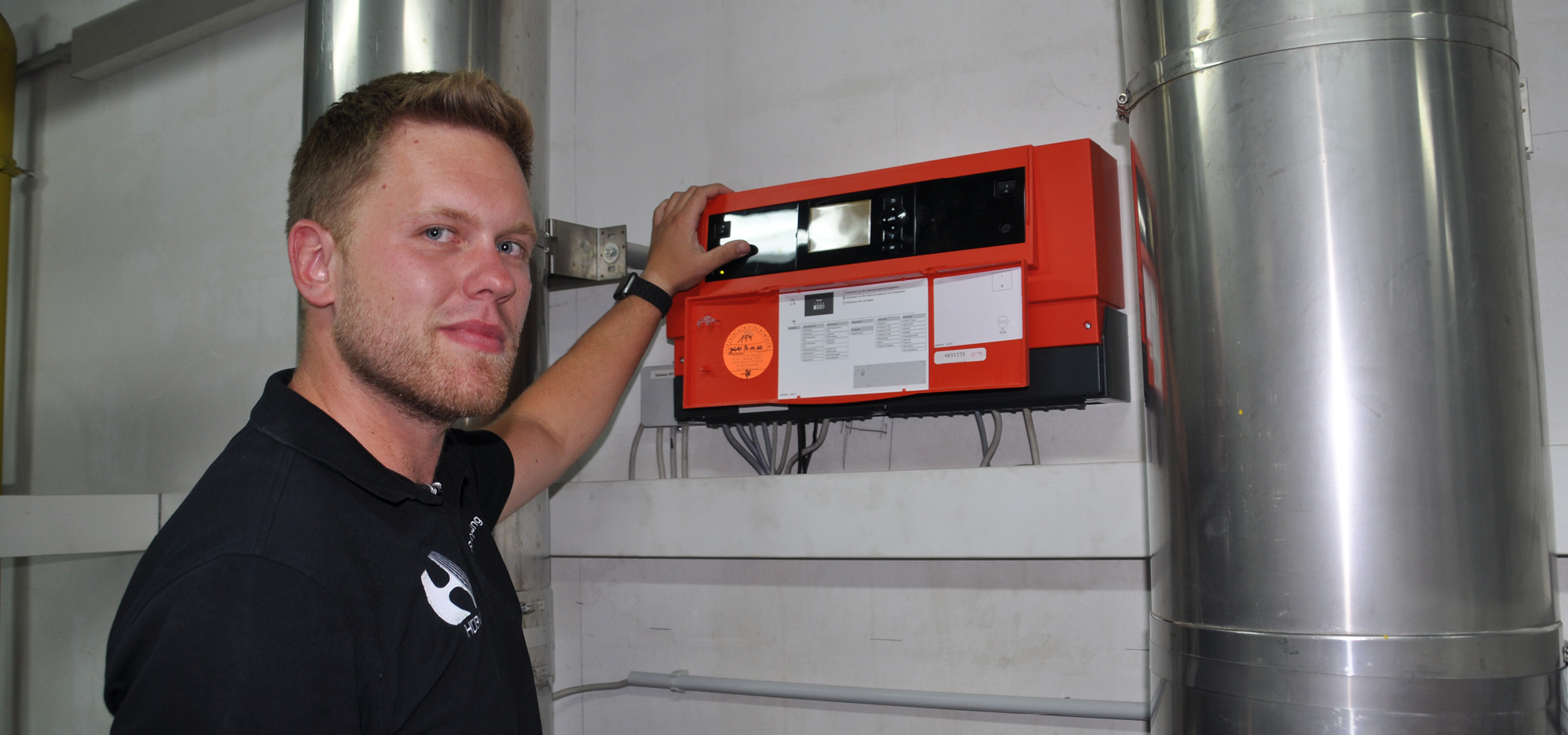CO2 emissions reduced by 318 tons
In total, HÜBNER was able to reduce natural gas consumption in Kassel by 1755 megawatt hours. This amounts to the elimination of 318 tons of carbon dioxide (CO2) emissions. With its reduction of 1260 megawatt hours, Plant 3 in Kassel, achieved the largest reduction. This was also made possible through the intelligent use of waste heat from machines.
The energy use figures were compiled by HÜBNER’s Central Buildings and Services Management department using regression analysis procedures as part of the annual environmental and energy audits for Plants 2, 3 and 4 located in the Waldau district of Kassel. The analysis has been weather-adjusted and shows the reduction in energy consumption compared to the previous year with the influence of outside temperatures being eliminated.
Further savings through new control technology and insulation
HÜBNER Energy Management Officer Thomas Meibert is anticipating further savings for the current 2023/2024 heating period. With a newly installed building control system, the regulation of building heating can be managed automatically and thereby with greater efficiency. In addition, HÜBNER has invested in new insulation for the roof in Plant 3.
In the mid-term, all of the Kassel plants should be connected with the local district heating network. “Our aim is to become more independent of natural gas as a fossil fuel and thereby to reduce both our ecological footprint and our overall costs,” says Thomas Meibert. The energy management officer sees further opportunities for energy savings through the optimization of energy-intensive processes within the production, for example with vulcanization.
First positive effects achieved without large investments
After the sharp increase in natural gas prices resulting from Russia’s war in Ukraine, it was necessary to achieve quick effects at the beginning of 2022, explains Thomas Meibert. “We needed measures that could be realized quickly and without large investments. Now, however, we want to leverage additional savings potential. Together with our colleagues we are seeking out any sources of energy waste and are examining all areas in our plants intensively and creatively.”
To begin with the flow temperatures of the heating systems in offices and production halls were reduced. And the employees have also been called on to use the heating more sparingly. In the production halls the room temperature has been reduced as much as possible. “But nobody has to freeze,” emphasizes Meibert.
Step by step to optimal temperatures
In the production halls, the building maintenance team has been working step by step to find the optimal temperatures. “We began with low values, conducted many experiments and each time got feedback from the involved colleagues", reports Team Leader Lukas Scherb-Hofmann. Of course, different people experience temperatures differently, but finally everyone has to feel comfortable at work.


